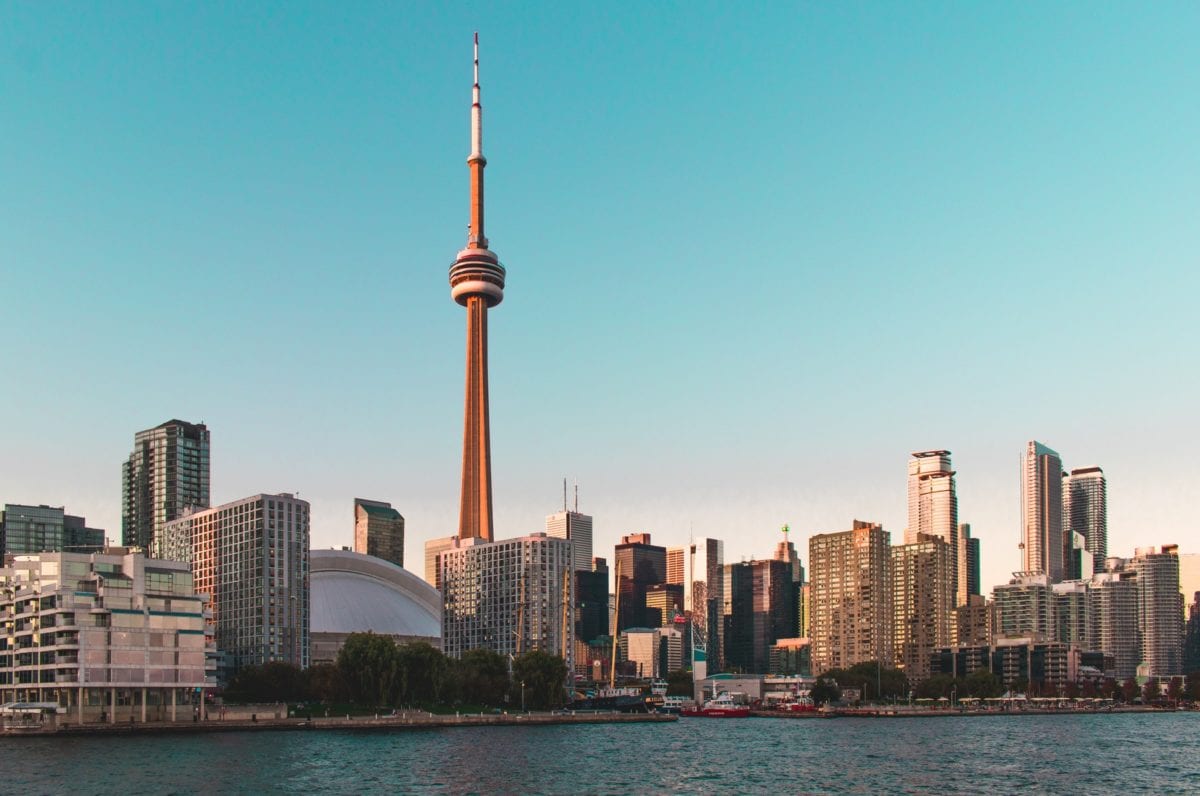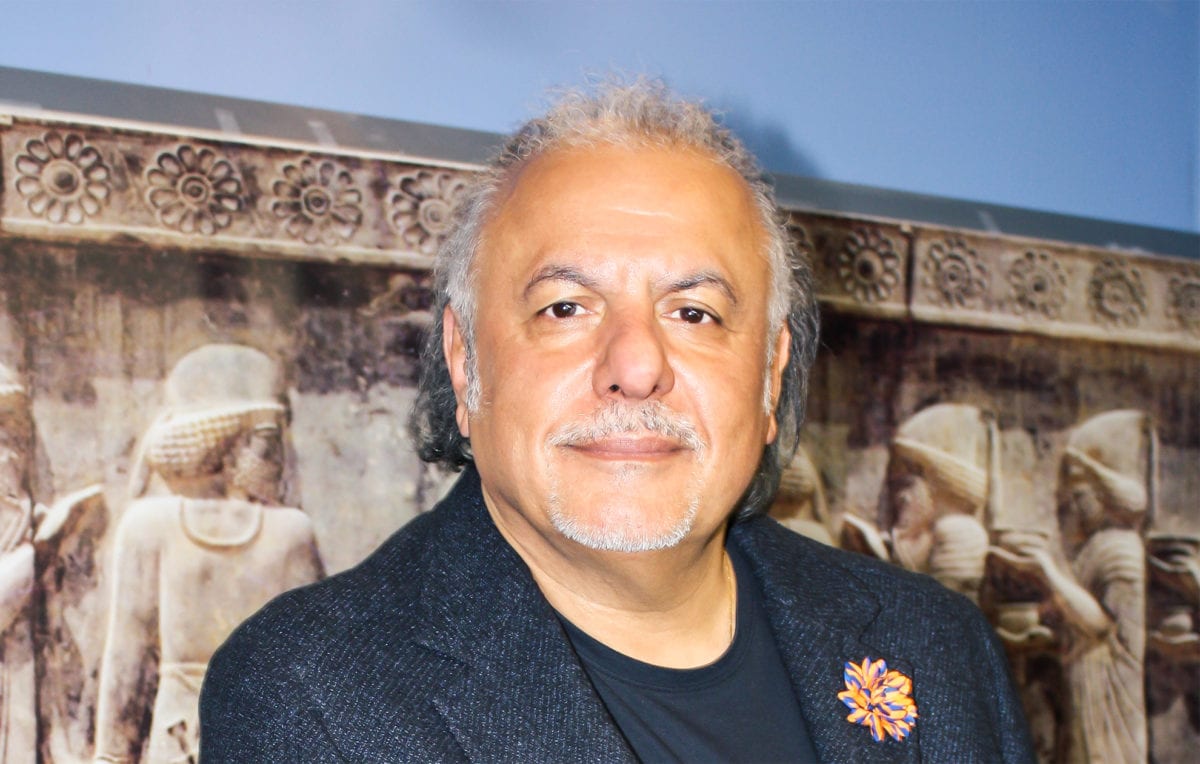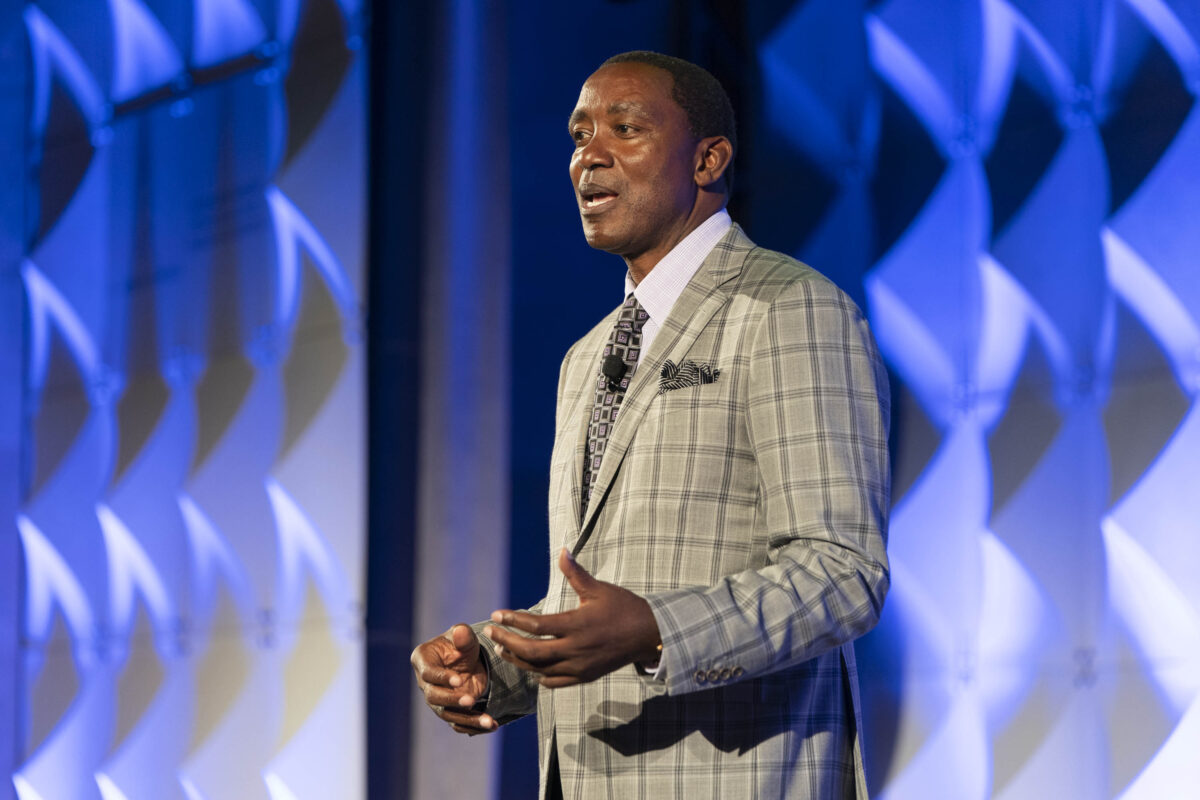Between 2013-2018, two-of-the-top three fastest-growing tech markets were Toronto and Vancouver (one and three, respectively). Canada’s strong university system and immigration policies attract high-skilled immigrants, making Canada a top tech destination. The federal government launched its Innovation Superclusters Initiative in 2017, bringing businesses, financiers and research bodies together to foster vibrant tech ecosystems. Canada’s invested over a billion dollars in AI research and development in the last three years. The initiative has seen Toronto, Vancouver, Montréal and Edmonton become centres for innovation.
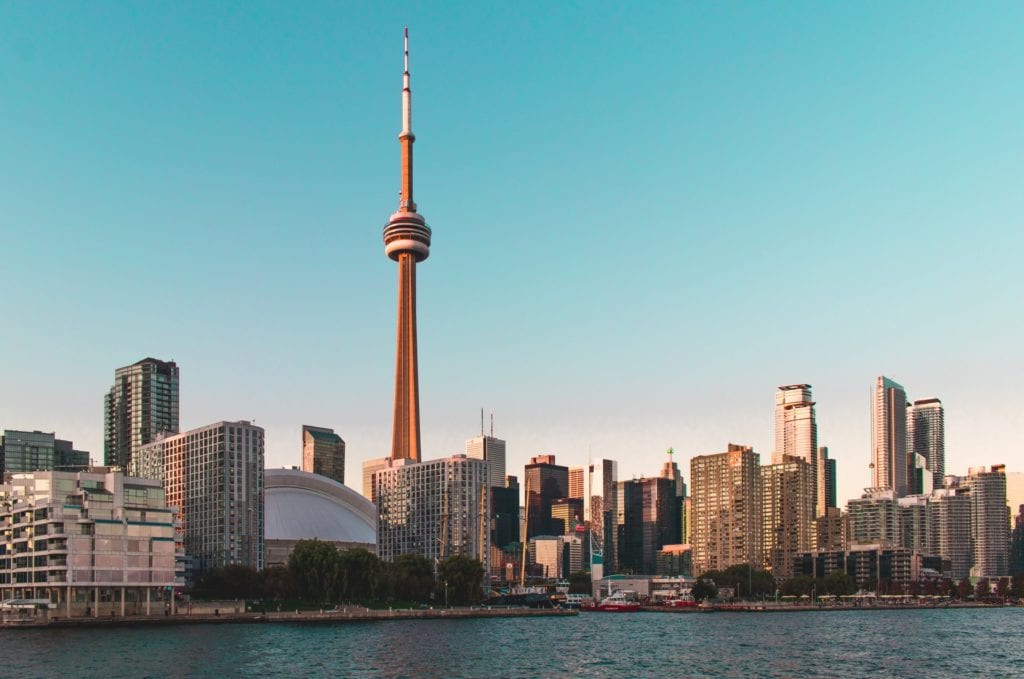
Toronto-Waterloo:
Known as the Toronto-Waterloo Tech Corridor or Innovation Corridor, it’s the second-largest ICT (information and communications technology) cluster in North America. The Corridor is home to approximately 6 million people and 30 per cent of Canada’s university-student population. Of those 6 million people, more than 200,00 work for tech companies, and over 5,000 startups have emerged from the Corridor since 2017.
The University of Waterloo is home to two quantum research centres, the Perimeter Institute for Theoretical Physics and the Institute for Quantum Computing, making Canada one of the world leaders in quantum computing and mechanics. Waterloo also has the second-highest density of tech startups in the world. Toronto is the most populous city in the country and Canada’s corporate capital. The 10 universities in the Toronto area produce 40,000 STEM graduates annually and Tech Toronto estimates that there’s between 2,500-4,100 active startups.
The focus of the tech coming out of The Corridor is predominately digital technology and deep learning. Companies like Samsung and NVIDIA have opened AI and research labs in Toronto in recent years, and Uber recently opened its engineering hub. There are 65 business incubators and accelerators across Toronto supporting various kinds of startups, including MaRS Discovery District. MaRS is the world’s largest innovation hub and has more than 200 partners providing entrepreneurs with funding and advice. MaRS houses the Vector Institute for Artificial Intelligence and is conveniently located near the University of Toronto and Google Brain Canada.
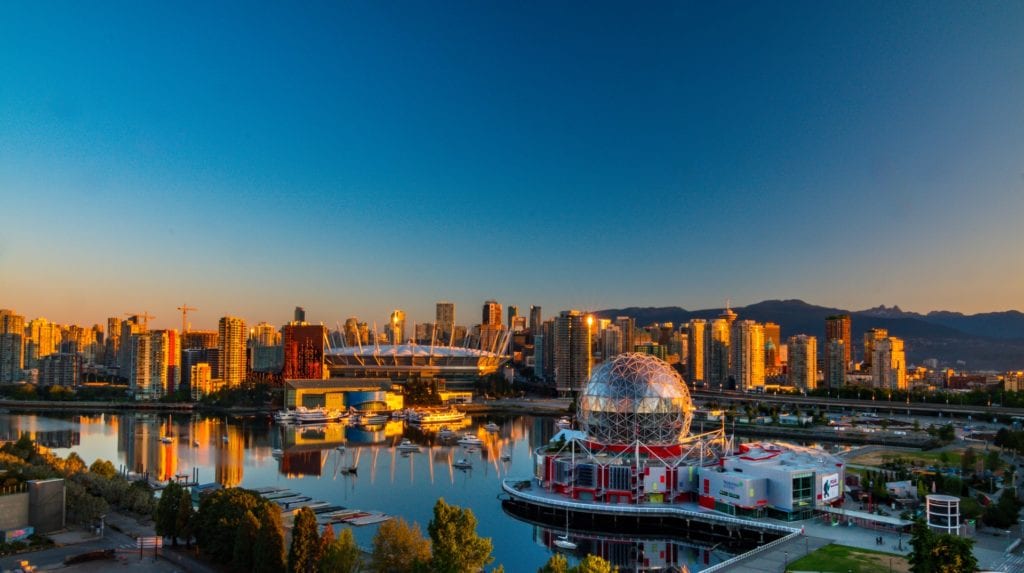
Vancouver:
Vancouver’s tech talent market went from 25th in 2018 to 12th in 2019 on CBRE’s Tech Talent Report, the best-ever one-year improvement of any North American city. The number of tech jobs increased by 42.6 per cent from 2013 to 2018, and was Canada’s fastest-growing tech sector by revenue in 2017. Tech-centric institutions like the University of British Columbia and the British Columbia Institute of Technology have produced more than 11,000 graduates with tech degrees since 2012.
Apple, Amazon, Grammarly and Fujitsu, all have offices in Vancouver, and Fujitsu chose Vancouver as the home for its global artificial intelligence centre. Meanwhile, local startups like Hootsuite, Avigilon and Slack have made waves in Silicon Valley. Vancouver has been focusing on digital technologies and the intersection of health, nature, data and technology. For example, the development of pest and pathogen controls using machine learning and biochemistry or technology that will allow for personalized evaluation of a patient’s use of opioids.
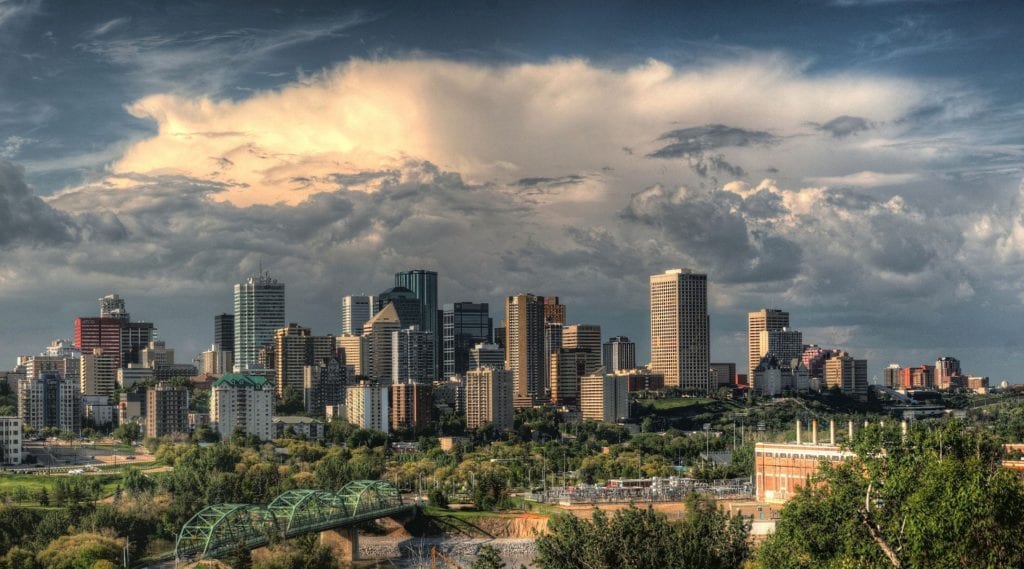
Montréal:
Montréal is considered the video game capital of North America and is famous for its cultural festivals. Creative industries like visual effects, fashion, and film & TV thrive in Montréal and are essential to its development. The ICT industry accounts for 5 per cent of Quebec’s GDP. In 2017, C2 Montréal partnered with Element AI to host the Artificial Intelligence Forum, which blends the worlds of the art and tech industries. There are 15 startup incubators in Montréal and the city boasts the lowest rent-to-tech job wage ratio at 12.6%.
The federal government has given $213 million in special research grants to Montréal universities, with the provincial government pledging to invest $100 million over the next five years. Montréal is a hub for deep learning and reinforcement learning, home to Facebook AI, Google AI, and Microsoft.
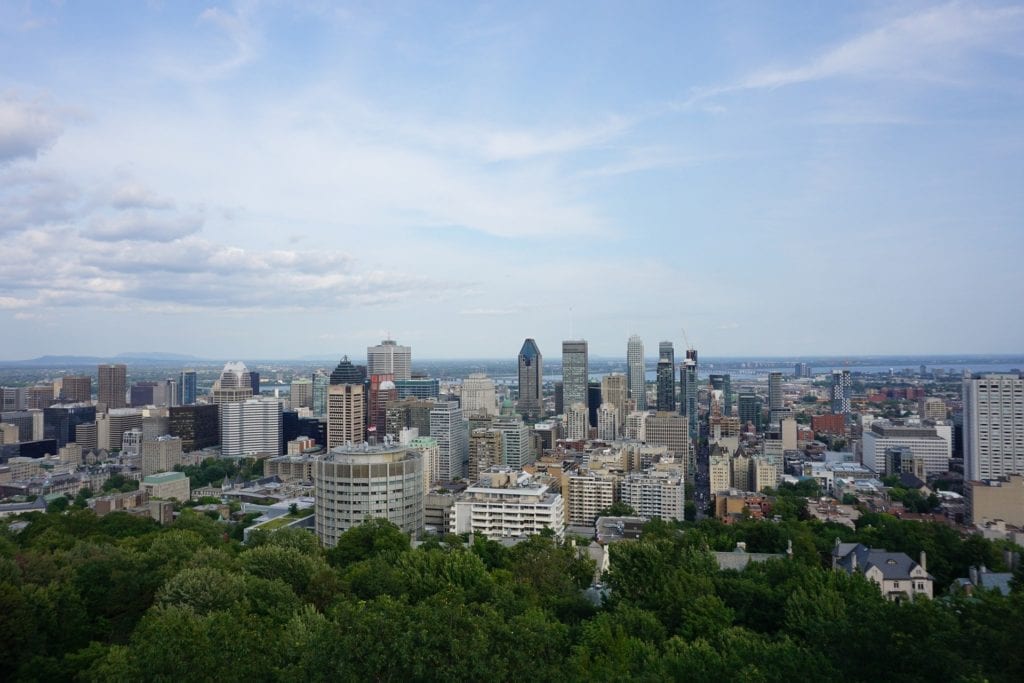
Edmonton:
The startup landscape in Edmonton is around ⅙ the size of Toronto or Montreal’s markets. Edmonton’s tech industry focuses on reinforcement learning; a computational approach to learning whereby an agent tries to maximize the amount of reward it receives while interacting with a complex, uncertain environment. There are three labs operating out of the University of Alberta, Alberta Machine Intelligence Institute, Reinforcement Learning and Artificial Intelligence Group, and Bionic Limbs for Improved Natural Health. Dr. Richard Sutton, the father of reinforcement learning, is involved with all three labs.
Alberta’s economy relies on the oil & natural gas, agriculture and forestry industries — all of which are in somewhat of an existential crisis. Machine intelligence and reinforcement learning has the capacity to reduce fixed-costs and optimize the extraction process using currently available datasets. Some estimate that adopting these technologies could save Canada over a trillion dollars in the next 2015 years.
Marcus Medford | Contributing Writer

